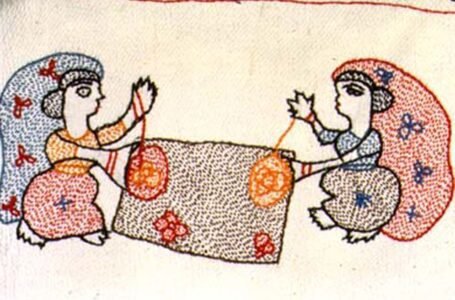Legacy of Maharani Suniti Devi: A Beacon of Progress and Empowerment in Cooch Behar
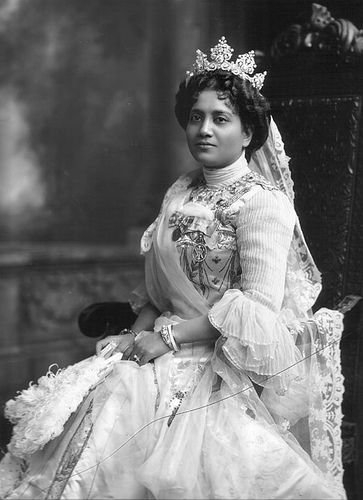
Suniti Devi, born on 30th September 1864, emerged as a pivotal figure in the history of Cooch Behar, a princely state in British India. Her life, steeped in royal duty and cultural enlightenment, intertwined the traditions of Bengal with the winds of change blowing across India in the late 19th and early 20th centuries.

Born into the illustrious Brahmo Samaj family of Keshub Chandra Sen in Calcutta, Suniti Devi’s early years were marked by privilege and progressive thinking. At the tender age of fourteen, she embarked on a journey that would define her life forever — her marriage to Maharaja Nripendra Narayan of Cooch Behar. This union, amidst the social fabric of colonial India, became a topic of much discourse, notable for its crossing of religious boundaries between a Brahmo bride and a Hindu groom.
Despite the initial societal uproar, Suniti Devi’s marriage flourished. Blessed with seven children, including two who would ascend to the throne as Maharajas of Cooch Behar, she balanced her royal responsibilities with a deep-seated passion for education and culture. Her daughters, Sudhira and Pratibha, forged alliances that bridged continents, marrying into prominent families in England and Kolkata, respectively.
Educated and enlightened, Maharani Suniti Devi wielded her influence to foster intellectual pursuits and social reform within her realm. Her return to Cooch Behar, marked by the completion of the grand palace and the establishment of educational institutions like the Suniti Academy, reflected her commitment to modernity amidst tradition. Her keen interest in art and culture manifested in her sketches of palace gardens and the meticulous ornamentation of her surroundings, infusing life into the stately corridors.
Beyond her royal duties, Suniti Devi’s days were a blend of regal protocol and personal passions. She delighted in the natural splendor of Cooch Behar, from its brimming rivers to its starlit nights illuminated by fireflies. Her culinary skills were legendary, from overseeing the preparation of elaborate meals to personally cutting vegetables in the royal kitchen, much to the amusement of her family and guests.
Her devotion to her family extended beyond the palace walls. Suniti Devi’s nurturing presence ensured that the bonds between her children and their cultural heritage remained strong. Her legacy, enriched by her artistic talents and progressive outlook, continues to resonate through the annals of Cooch Behar’s history.
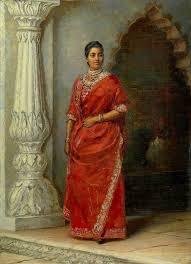
Maharani Suniti Devi left an indelible mark on Indian history through her multifaceted roles as a royal, educationalist, and women’s rights activist. Her life, spanning from 1864 to 1932, was characterized by groundbreaking achievements and unwavering dedication to social progress.
One of her earliest accolades came in 1887 when both she and her husband were honored by the British Crown. Maharaja Nripendra Narayan was awarded the Knight Grand Commander of the Order of the Indian Empire (GCIE), while Suniti Devi became the first Indian woman to receive the Companion of the Order of the Indian Empire (CIE). This recognition underscored her significant contributions to education and women’s empowerment, themes that would define her legacy.
Suniti Devi’s commitment to education was evident in her establishment of the Suniti Academy, a girls’ school initially founded by her husband in 1881. Recognizing the importance of education in women’s emancipation, she provided annual grants, exempted girl students from tuition fees, and facilitated their safe transportation to and from school in palace cars, complete with curtains to preserve their privacy.
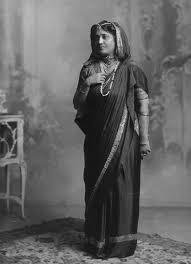
Beyond Cooch Behar, her influence extended to Darjeeling, where she, alongside her sister Maharani Sucharu Devi of Mayurbhanj, financed the Maharani Girls’ High School in 1908. This initiative marked a significant step towards enhancing educational opportunities for girls beyond traditional boundaries.
A vocal advocate for women’s rights, Maharani Suniti Devi became the President of the All Bengal Women’s Union in 1932, where she collaborated with prominent activists like Charulata Mukherjee and Saroj Nalini Dutt. Her presidency not only highlighted her leadership but also her enduring commitment to advancing the status of women in society.
An accomplished author, Suniti Devi penned several notable works, including “The Beautiful Mogul Princesses” and “The Life of Princess Yashodara,” which showcased her literary prowess and deep-rooted interest in historical narratives.
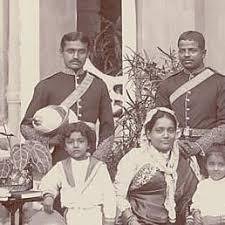
Tragically, Maharani Suniti Devi passed away suddenly in 1932 in Ranchi, leaving behind a legacy of educational reform, women’s empowerment, and cultural enlightenment. Her life remains a testament to the enduring spirit of Indian women who, against all odds, strove to bring about positive change in their communities and beyond.
Maharani Suniti Devi’s contributions continue to inspire generations, reminding us of the power of education, advocacy, and compassion in shaping a more equitable and enlightened society. Her pioneering efforts continue to resonate, serving as a beacon of hope and progress for future generations of women in India and beyond.
The memoir titled “Autobiography of an Indian Princess,” penned by the late Maharani Suniti Devi of Cooch Behar, offers a captivating narrative of her life within the royal courts of India. Enjoyed by readers who are deeply intrigued by the customs and inner workings of Indian royalty, this personal account is a treasure trove of insights directly from the esteemed author herself.
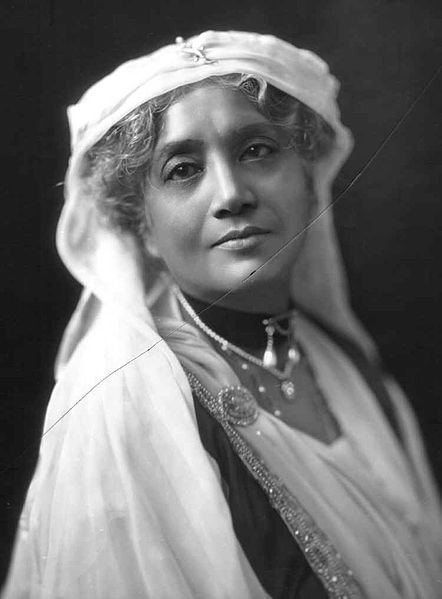
Born into a family steeped in progressive ideals, Maharani Suniti Devi was the daughter of the revered Keshub Chandra Sen, a trailblazer who founded the Brahmo religion and advocated for women’s education through initiatives like the Native Ladies’ Founding School. Her mother, a symbol of devotion, had courageously crossed societal norms by marrying outside her high caste, setting a precedent for familial values that Maharani Suniti Devi would uphold throughout her life.
The royal tapestry of her family extended beyond her immediate kin. Her sister, Maharani Sucharu Devi of Mayurbhanj, and her English son-in-law exemplified the cultural diversity and global connections that defined the aristocracy of their time. Maharani Suniti Devi’s marriage at the tender age of fourteen to Maharajah Nripendra Narayan Bhup Bahadur of Cooch Behar was a pivotal moment shaped by diplomatic negotiations between the Empire and the princely state. The condition set by the Dowager Maharani to ensure her daughter’s education abroad added an intriguing layer to their union, reflecting the complexities of royal alliances and educational aspirations in colonial India.
What enriches Maharani Suniti Devi’s memoirs are her personal anecdotes infused with the rich tapestry of Indian legends, tales, and native customs. Through her narrative, readers gain a profound understanding of the traditions that shaped her upbringing and the cultural milieu of the royal court. Her storytelling prowess not only illuminates the opulence of courtly life but also offers poignant insights into the societal norms and values that governed her world.
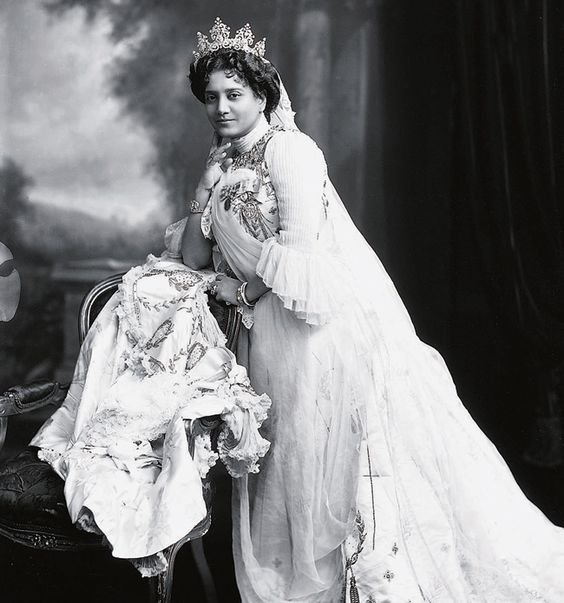
The memoir paints a vivid picture of a woman who navigated the intricacies of royalty with grace and intellect. Maharani Suniti Devi’s accounts of legendary tales and native customs serve as a testament to her deep-rooted connection to Indian heritage and her unwavering commitment to preserving its essence amidst a changing world. Her narrative style captivates readers, transporting them to a bygone era where tradition and modernity intermingled, offering a glimpse into the complexities of royal life and the inner thoughts of a remarkable woman.
“Autobiography of an Indian Princess” stands as a testament to Maharani Suniti Devi’s enduring legacy. Her memoir not only chronicles a life of privilege and responsibility but also serves as a valuable historical document that enriches our understanding of Indian royalty and its cultural fabric. Through her words, Maharani Suniti Devi invites readers on a journey of discovery, where the past unfolds with elegance and intrigue, leaving an indelible mark on those who dare to explore its pages. Her life stands as a testament to the transformative power of education, cultural exchange, and personal fortitude, defining an era of change amidst the splendor of India’s royal courts.


